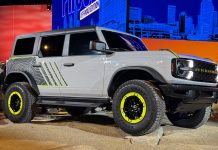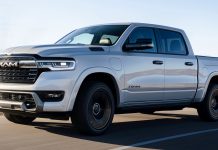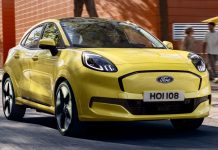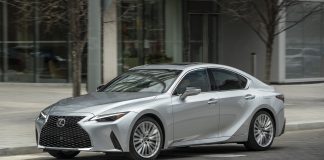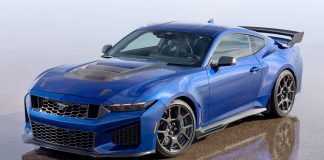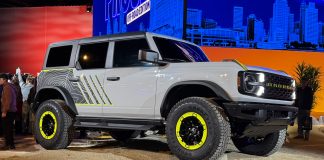Volkswagen’s electric vehicle brand, Scout Motors, is gearing up to produce its lineup of electric SUVs and trucks, aiming for a start date in 2027. Scout’s new vehicles will be built at a $2 billion facility in South Carolina, and the company is set to enter the competitive U.S. EV market with a distinct approach: it will offer both full electric models and an extended-range option that incorporates a small gasoline engine to enhance driving range.
Scout, announced by Volkswagen in 2022 as a standalone EV-focused brand, is designed to offer customers greater flexibility with its extended-range variant. The standard all-electric Scout models will boast an estimated range of up to 350 miles (560 km) on a single charge. The extended-range model, which includes a gas-powered engine to recharge the battery rather than directly power the wheels, will offer a range of up to 500 miles (800 km).

Scott Keogh, CEO of Scout Motors, explained that adding the extended-range option reflects a response to customer feedback, especially addressing concerns around charging infrastructure and range anxiety. “It makes the platform future proof,” Keogh stated, emphasizing that Scout aims to offer options that suit a broad range of driving needs in the U.S.
The new Scout lineup will consist of the Scout Traveler SUV and Scout Terra pickup, expected to start at prices below $60,000. While Scout projects that SUVs will make up about 65-70% of their total production, both models are expected to resonate with American drivers who appreciate rugged, practical design with a nostalgic touch. “They want real switches, they want a door handle they can move,” Keogh remarked, noting that Scout’s interior will combine classic elements with modern technology.

One notable aspect of Scout’s business model is its decision to forgo traditional dealerships. Instead, the company plans to sell vehicles directly to consumers, emphasizing transparency and efficiency. Scout initially envisions around 36 U.S. retail centers, with plans to expand to approximately 100 as production scales up.
The brand’s distinctive styling combines elements of vintage SUVs, taking cues from iconic models like the Land Rover Defender, Toyota Land Cruiser, and Ford Bronco. Scout’s heritage is rooted in the classic International Harvester vehicles that preceded today’s popular SUVs, which could add a unique appeal to buyers looking for classic design elements in a high-tech package.

Entering a market that already includes popular brands like Tesla, Rivian, General Motors, and Ford, Scout Motors plans to carve its niche by balancing high-tech features with a more traditional, tactile feel that many drivers still enjoy. With its combination of EV technology, extended range flexibility, and direct sales, Scout aims to make an impact when it hits the market in 2027.

